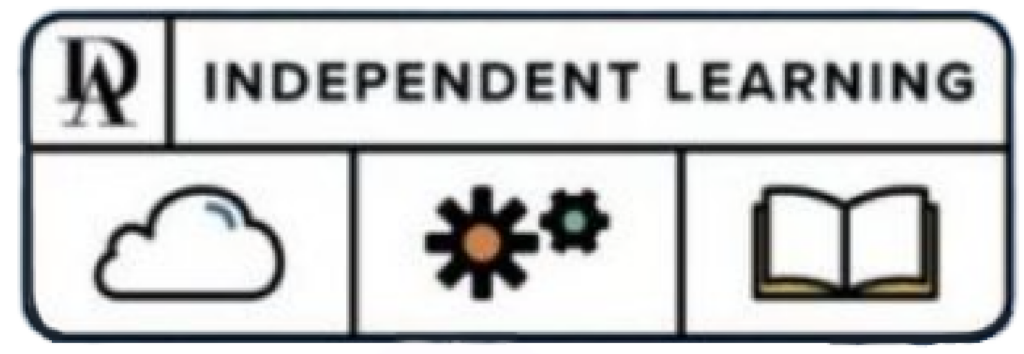Unfortunately, there is a lot of rampant misinformation about autism, much of which comes from seemingly trustworthy organizations that are actually extremely harmful to the community and which autistic advocates have consistently spoken out against.
If you would like to learn more about autism or how to support the autistic community, here are some basics about organizations and resources to get you started. And remember—when in doubt, try to always listen to what autistic people are actually saying about their rights and needs.
TRIPLE A’S OF AUTISM RESEARCH
Author – Who is creating the source? Check out the writer of your article or organization’s about page and see how many writers, researchers, and board members listed are autistic themselves. You want to find organizations that actively include autistic voices because that indicates a greater likelihood that they’ll have autistic interests in mind.
For instance, the author of this article has a profile where you can view that she was diagnosed with autism at 25!
Audience – Who is the source for? find organizations with Mission Statements or Home Pages focused on empowering autistic people themselves in all stages of life and across diverse spectrums with research, support systems, and advocacy and awareness.

This website also includes a ton of Autistic researchers/writers and is autistically co-founded.
Avoid organizations with the majority of their resources dedicated to fear-mongering families with myths and outdated data, finding a “cure” or treatment, and infantilizing or pathologizing autistic people – essentially treating them like children or a disease or a burden to families, rather than, you know, human beings.
Ableism – (discrimination and prejudice against disabled people) keep an eye out for any language, symbols, or practices that seem problematic. For instance, the use of “people affected or suffering from autism” or a puzzle piece can be a red flag that your source is either actively harmful or undereducated about the autistic community, and not someone to take at face value!
Also, avoid fear campaigns and lobbying (like what Autism Speaks does) which portray autism as a frightening tragedy in need of fixing. Instead, find organizations that talk about autism not in terms of deficiency or inferiority but rather explore the different strengths and challenges afforded to autistic people as whole, complicated people with neurodiverse (or differently functioning) brains.
To support:
True autistic advocacy organizations are created by or with autistic people and involve active and extensive inclusion of autistic voices.
Characteristics
- Do not present autism as something wrong or undesirable or in need of fixing, but rather advocate for inclusion and social acceptance of autistic individuals
- Centered on the social model of disability
- Will usually implement the preferred symbols and language of the autistic community
- Help fund services (communication, education, housing, healthcare, advocacy) that directly benefit autistic individuals.
- Founded by or heavily include autistic people, research is done by autistic people with a goal to educate and empower autistic individuals
Examples
- Autism Self-Advocacy Network
- Embrace Autism
- Autistic Inclusive Meets
- Autistic Women and Nonbinary Network
- Autistics for Autistics
- Self Advocates Becoming Empowered
To avoid:
Unfortunately, negative autistic organizations outnumber beneficial ones, and due to rampant misinformation and ignorance, many people are not aware of the harmfulness of many “autistic advocacy” organizations.
Characteristics
- Negative portrayals of autism
- Present it as a “puzzle” to be solved
- Portrayed as something to be cured/treated/prevented/combated
- Compare it to diseases and disorders (pathologize)
- Negative words/images
- Language – dehumanizing and harmful (ie. “people touched/affected/impacted by autism”)
- Symbols – depict autistic people as broken/incomplete/infantilized
- Focused on…
- Families of autistic people, who are portrayed as victims of the “tragedy” of autism
- Cure and treatment research (where most of their funding goes)
- Pathologizing and fear-mongering autism “awareness” ads (ie. Autism Speaks’ “I am Autism” ad)
- The medical model of disability –> supports conferences/research that use this model
- Exclusive
- Do not involve autistic voices (ie. 1 autistic member of the 28 individuals on Autism Speaks’ Board of Directors)
- Unscientific
- May use outdated or falsified research to support their statements (ie. perpetuating false and harmful information about autism being caused by vaccines)
Examples
- Autism Speaks
- TACA
- Autism One
- the Autism Society
- the National Autistic Society
- Generation Rescue
- and more (unfortunately, negative autistic organizations outnumber beneficial ones)


